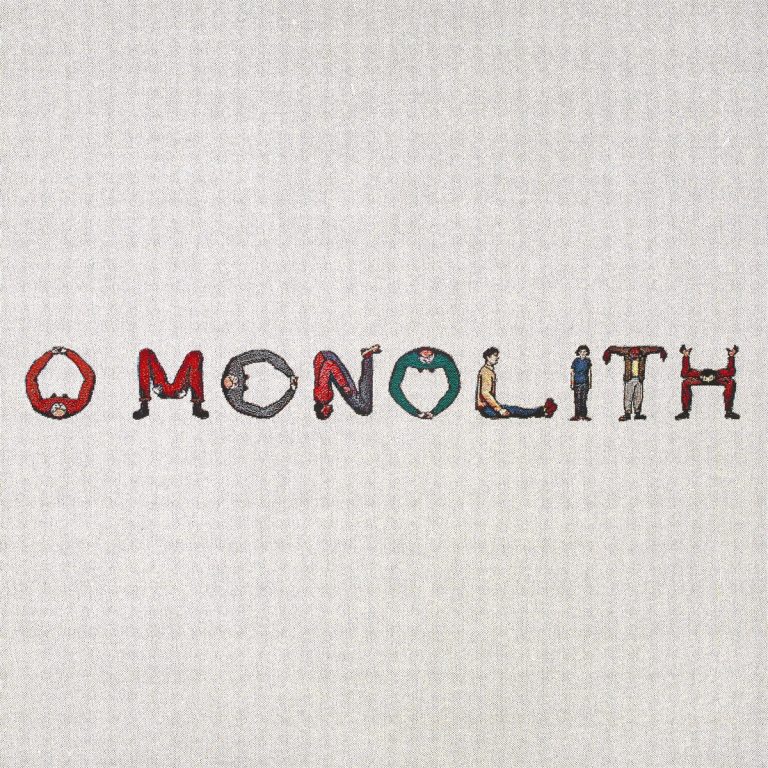Regarding the creative process, Gertrude Stein said: “creation must take place between the pen and the paper, not before in a thought or afterwards in a recasting.”
When it comes to music, we would switch pen and paper for instruments and recording software, but the idea is ubiquitous for all creation: it is not in the initial conceptualising or subsequent editing that the end result is achieved, it is only in the process of transmitting shapes and contents from one’s mind to the preferred medium. This is not to be taken as objective truth, but rather as a place for further investigation.
Say an artist just picks up their instrument (musical or otherwise) and lets their unconscious direct their hands. Will their creation turn out to be something that remains largely within their comfort zone, or will the artist purposefully abandon rational contemplation and wind up stepping much further out of their preferred niche than they would have had they engaged their conscious mind?
In talking about the English post-punk outfit Squid and both of their LPs to date, we can see proof of both sides of the question. Their 2021 debut album Bright Green Field was a simultaneous showcase of their eclecticism and their compositional prowess, organically incorporating their wide array influences organically into their own original work. Squid’s first full album is unique in the way that it simultaneously feels erratic, almost improvisational and polished down to the smallest details.
O Monolith, their sophomore effort, pushes the envelope of what it means for this band to improvise an entire album without it feeling like a disjointed jam session. At the same time, this second record is much closer to the common understanding of the term ‘post-punk’: heavy bass lines, dissonance, chaotic breaks and such. However, it would be a severe disservice to O Monolith to claim that it errs on the side of caution; while it is closer to what most will simply label post-punk, it is somehow also much further away from it than Bright Green Field was, and from what most modern bands under that banner are doing.
Ultimately, this album shows just how underexplored the genre of post-punk truly is. Referring back to Gertrude Stein’s quote, it is fairly obvious that Squid went for the creative approach prescribed by the American writer. O Monolith is more improvisational than its predecessor; it not only feels more unhinged and raw, but it uncovers aspects of this genre that formerly used to be considered blends of multiple genres.
Mid-album highlight “Undergrowth” has a rhythm and groove reminiscent of old school hip-hop, however, it does not come across as an hackneyed infusion into Squid’s brand of post-punk — it is more like a natural uncovering of something that feels as if it has been there the whole time. It feels as if only through the freest of improvisations and chaotic explorations could such interesting sides of music genres be found.
Even the more obvious and tested genre amalgamations feel unique here. There’s a new wave twist to the deluge on “After the Flash” and they add in a dash of math rock for “The Blades” and “If You Had Seen The Bull’s Swimming Attempts You Would Have Stayed Away”. Meanwhile, Radiohead-esque sonic imbuements light up “Devil’s Den” and “Siphon Song”, and hints of all of these aforementioned styles crop up across “Green Light”.
There are clear parallels to be drawn between Squid’s post-punk boundary pushing friends and contemporaries black midi. This further opens the discussion on unconscious experimentation and whether it has the artist straying further from the familiar or clinging to it. The example of Squid drawing influence from the music scene around them and specifically black midi gives this conversation an new alley: black midi are one of the most experimental and stylistically wide-reaching band on the British post-punk scene today, and it seems natural – whether conscious or not – that Squid would equally challenge themselves to do the same. While going down their own unique path, Squid similarly open channels for experimentation in their songs that significantly sophisticates the the sound of post-punk.
Going back to the pen and paper, the lyrics on O Monolith are almost defiantly absurd. Squid are so entranced in their musical explorations that the lyrics feel as if they came about in the middle of these experiments and were not edited afterwards, which would normally be a problem but, again, it just works on this record. O Monolith is chaotic and improvisational to the bone, so perfectly styled and polished words and phrases would feel out of place. Instead, singing drummer Ollie Judge delivers evocative but raw lyrics that might be tricky to parse but undoubtedly reflect the cold fear of the modern world that goes hand in hand with their unkempt and unruly sonic onslaught.
This approach truly pays off on O Monolith. The band want you to get lost in the chaos of this album and they make it their job to keep the listener in this trance. It appeals instantly with its impactful and unforgiving sonic palette, but feels much better when we delve in deeper and engage with the emotion of the words – and for that we must leave rationality at the door.


